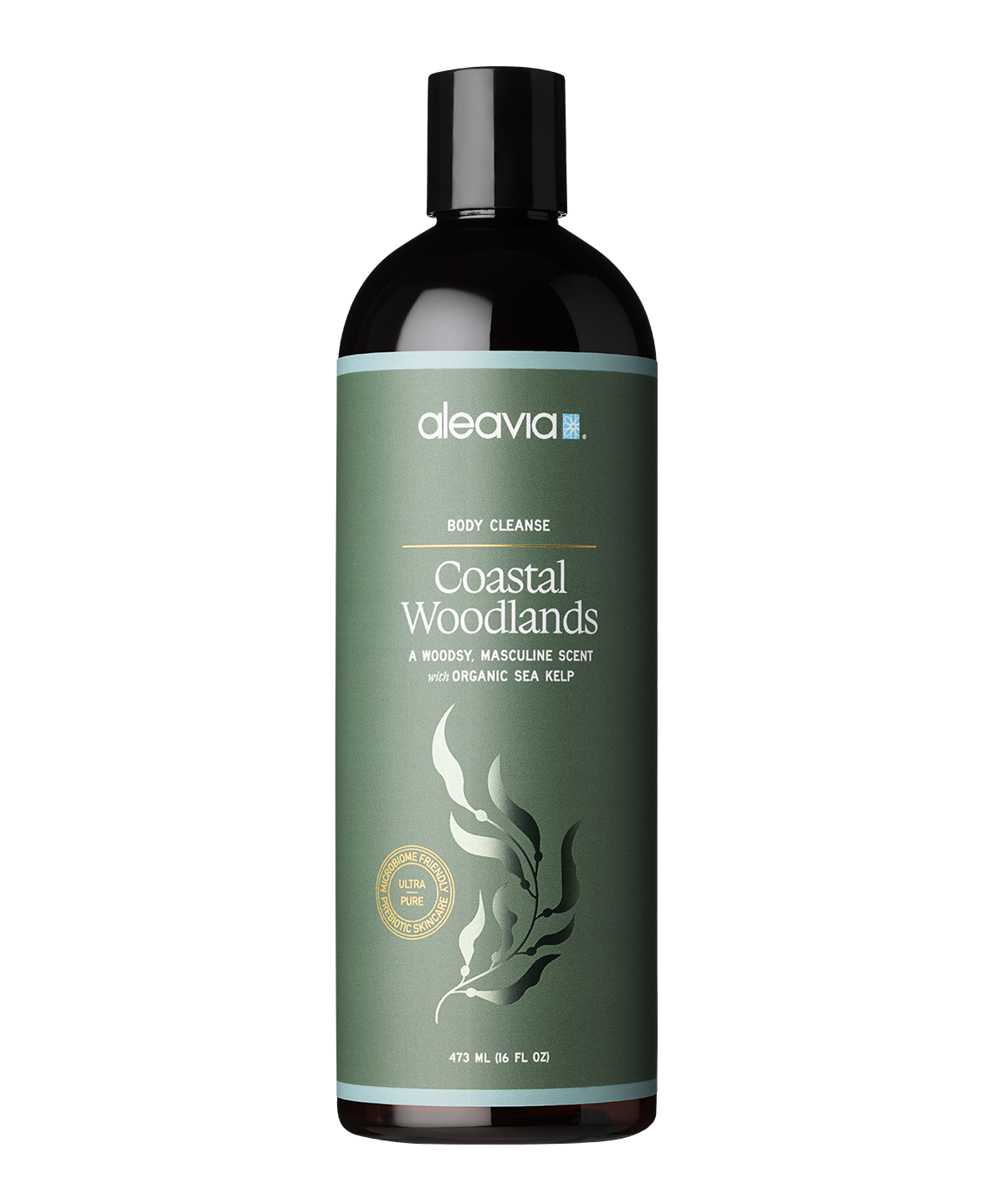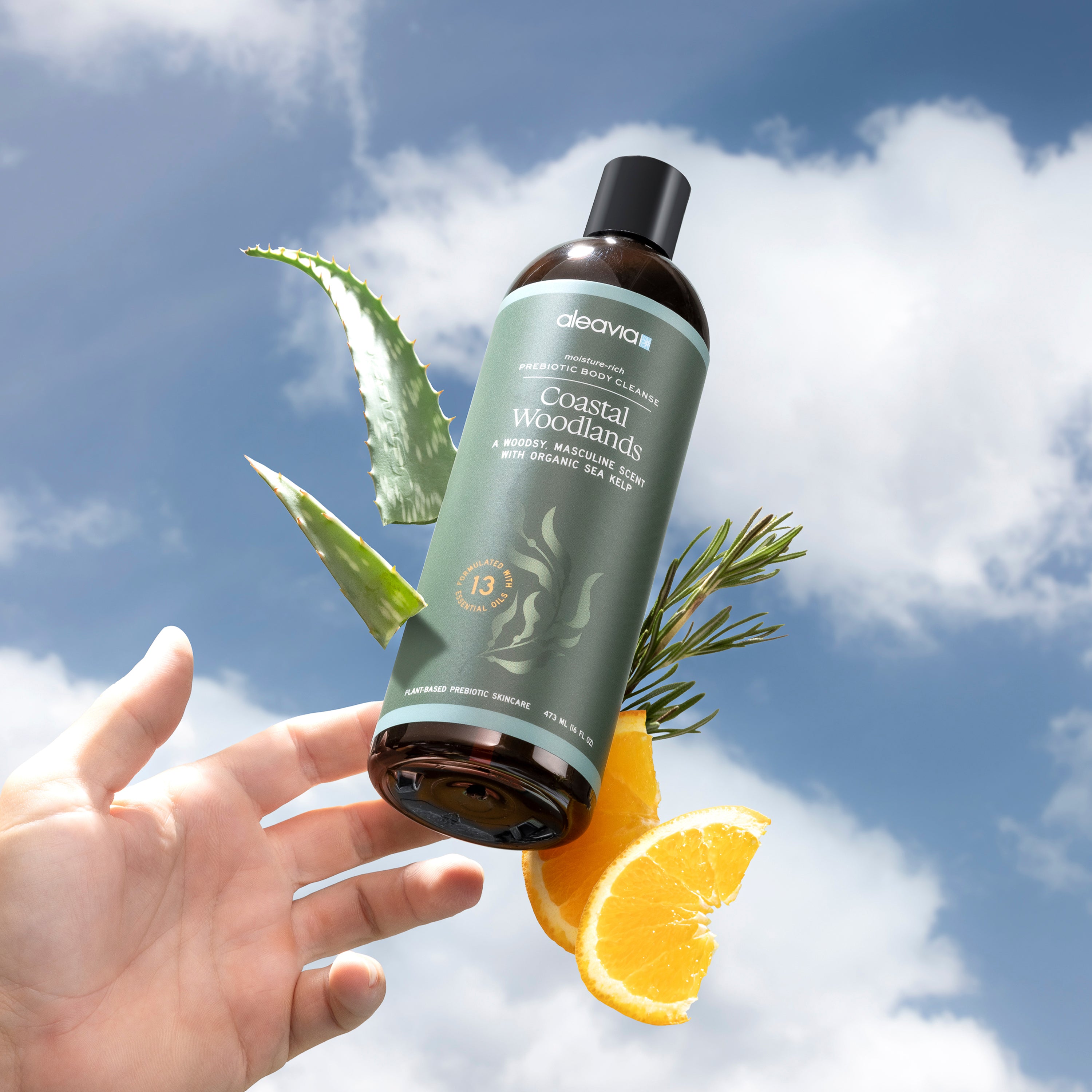Vetiver Oil
Vetiver Oil, or Vetiveria Zizanioides Root Oil, is a grounding, earthy essential oil distilled from the roots of the vetiver plant. Deeply aromatic and rich in sesquiterpenes, it’s prized in both aromatherapy and skincare for its soothing, healing, and regenerative properties—especially for stressed, dry, or mature skin types.
What is Vetiver Oil?
Extracted via steam distillation from the roots of Vetiveria zizanioides (also known as Khus), vetiver is a thick, amber-colored oil with a woody, smoky, earthy aroma. It’s widely used in Ayurvedic and holistic skincare.
Vetiver oil is an earthy ingredient for calming, repairing, and moisturizing the skin. With antioxidant, anti-inflammatory, and antimicrobial properties, it’s an efficacious botanical for aging, irritated, or acne-prone skin—especially when you want to support your skin's natural rhythm and resilience.
How is Vetiver Oil used in skincare?
Vetiver oil is typically used:
- In facial oils, serums, and creams (especially for dry or aging skin)
- As part of balancing or calming blends for sensitive or acne-prone skin
- In body oils and aromatherapeutic products for its relaxing scent
It’s usually diluted in carrier oils (like jojoba, argan, or coconut oil) due to its strength and potency.
What are the benefits of Vetiver Oil for your complexion and skin microbiome?
In moderation, vetiver oil can be supportive to your microbiome. Its anti-inflammatory and mildly antimicrobial properties may help control pathogenic bacteria while being gentle on beneficial flora. When blended with nourishing base oils, it enhances skin barrier health, which is essential for microbiome balance. However, like all essential oils, it should be well diluted and patch-tested, especially on sensitive skin. Here’s why vetiver oil is beneficial to your skin health:
- Deep Moisturizing & Barrier Support: Vetiver oil is rich in sesquiterpenes and fatty acids that nourish the skin barrier. This helps retain moisture, making it ideal for dehydrated or mature skin. A healthy barrier means a happy microbiome. Your skin’s good bacteria rely on that moist, intact surface to survive and flourish.
- Gentle Antimicrobial Action: Vetiver oil contains compounds like khusimol and vetiverol that have mild antibacterial and antifungal properties. This helps keep pathogenic (harmful) microbes in check without aggressively stripping the skin, which is key for microbiome balance.
- Anti-Inflammatory & Soothing: Vetiver calms redness, irritation, and sensitivity, which can be useful for eczema, rosacea, or reactive skin when properly diluted. It calms inflammation and soothes the skin, which helps maintain an environment where good bacteria can thrive. Chronic inflammation can disrupt microbial diversity. Vetiver helps minimize that risk.
- Antioxidant Properties: It helps protect skin from environmental stressors and oxidative damage, while supporting skin renewal and repair.
- Improves Skin Tone and Texture: Traditionally used to fade dark spots and improve overall complexion clarity—vetiver oil supports collagen production and cell turnover, which can help smooth fine lines.
- Balancing for Oily or Acne-Prone Skin: Vetiver oil has antibacterial and sebum-regulating effects. It helps balance oil production without stripping the skin and support clearer skin when included in acne-targeting formulations. Excess oil can feed harmful bacteria, while overly dry skin disrupts microbial balance too. Vetiver helps navigate the middle ground.




